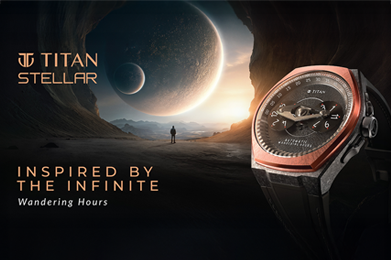Before Reddit became our digital confessional, and long before AI chatbots entered the chat, it was people who held space for each other. A trusted colleague, a mentor, a friend at work—human connection has always been the original emotional tech. There’s something deeply grounding about speaking to someone who knows your context and your worries inside out.
Then came platforms like Reddit, expanding the circle. These anonymous forums offered safe spaces to vent, grieve, and heal; ushering in the era of emotional tech. Now, AI platforms are taking that outlet a step further.
In today’s workplace, especially among Gen-Z employees, these are being used to reflect, seek advice, and find clarity. From journaling apps to bots that simulate empathy, emotional tech is quietly reshaping how employees engage with their wellbeing.
But even as the digital space expands, nothing quite replaces the comfort of a familiar voice—one that doesn’t just respond, but truly understands.
Why emotional tech is gaining ground?
Let’s be honest — work can be demanding. Hybrid schedules, constant notifications, and tight deadlines can leave employees feeling stretched. In such moments, AI offers a low-friction outlet: it’s available 24/7, responds instantly, and doesn’t judge.
In India, where mental health infrastructure is still evolving, these tools are gaining traction; especially among younger users who find traditional therapy inaccessible or intimidating.
But this is also where organizations can step in. By creating safe, accessible, and confidential support systems, companies can offer the same anonymity and ease but with the added benefit of human empathy and context.
At Titan, we’ve seen this firsthand. During recent global conflicts, we launched the “Finding Calm in Times of International Uncertainty” initiative. Through Maithri Services, supported by Silver Oak Health experts, we offered:
- Psychological first-aid
- Practical tips to manage news-induced anxiety
- A safe space to talk, reflect, and find calm
This wasn’t about replacing support with tech. It was about amplifying care through people.
HR’s role in shaping Emotional Tech:
For HR leaders, emotional tech opens up new possibilities: early burnout detection, personalized wellness nudges, and scalable support. But it also raises important questions:
- Where does data privacy begin and end?
- Can AI truly understand human nuance?
- What happens when employees trust bots more than people?
At Titan, our approach is grounded in caution, care, and context. We believe AI can support but it can never replace human judgment. Our HR strategy follows a human-in-the-loop model, ensuring that emotional tech enhances wellbeing without automating empathy.
We’ve also embedded robust governance frameworks to guide responsible AI usage. These help us define:
- How much to trust AI
- What risks are acceptable
- What our non-negotiables are
We’re not rushing into agentic AI or prescriptive models. For us, warmth, empathy, and uniqueness are not templatized, and shouldn’t be.
So, what’s next?
- Recognize the role emotional tech is playing
- Educate employees on healthy usage
- Integrate AI tools thoughtfully (not blindly)
- Enforce ethical boundaries and data protection
- Invest in human-led support systems alongside AI
The goal isn’t to replace human connection. It’s to enhance it, safely and ethically.
Gen-Z is rewriting the rules of workplace wellness, and emotional AI is part of the toolkit. But like any tool, it needs to be used with care, conscience, and clear boundaries.






